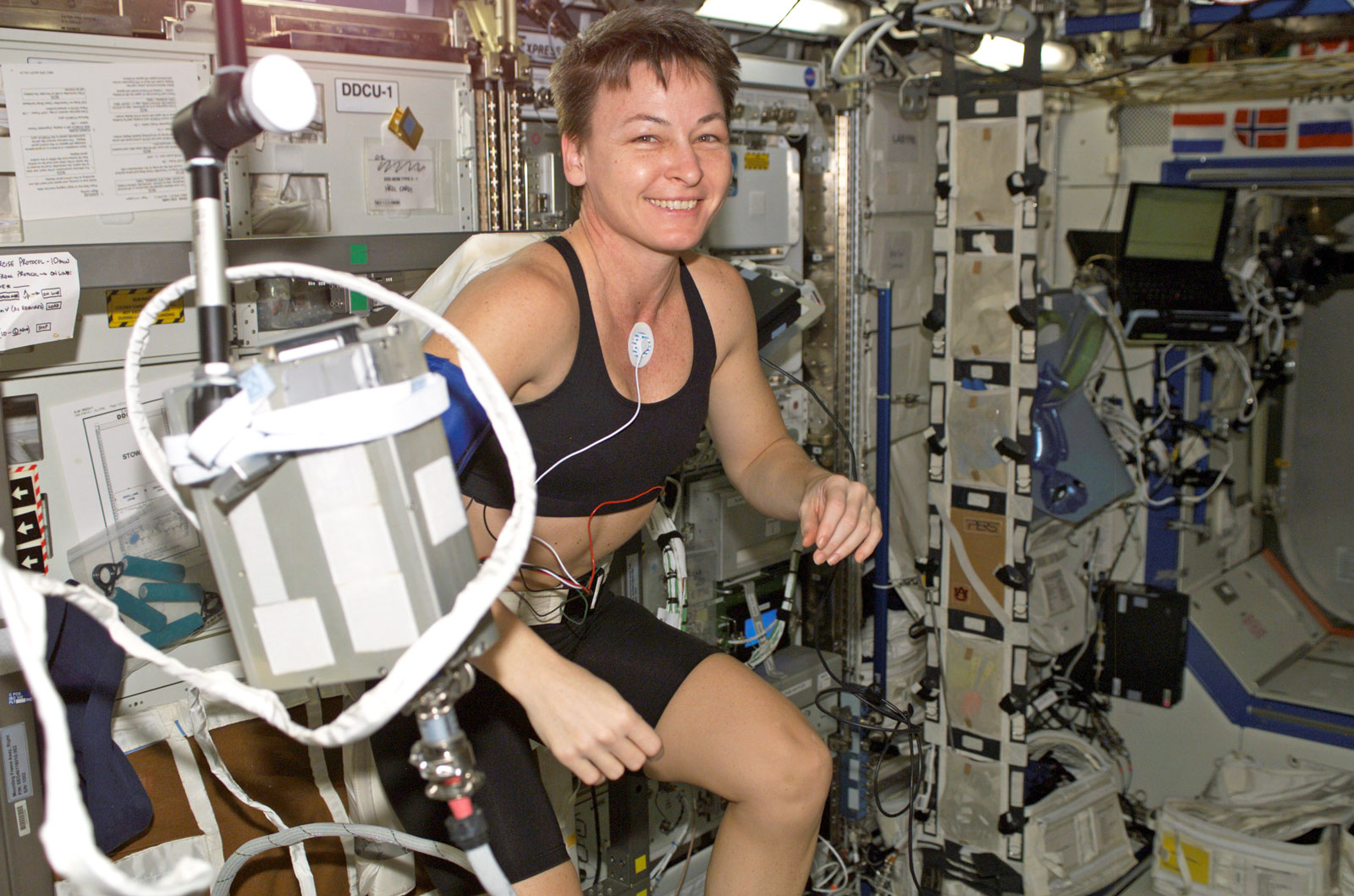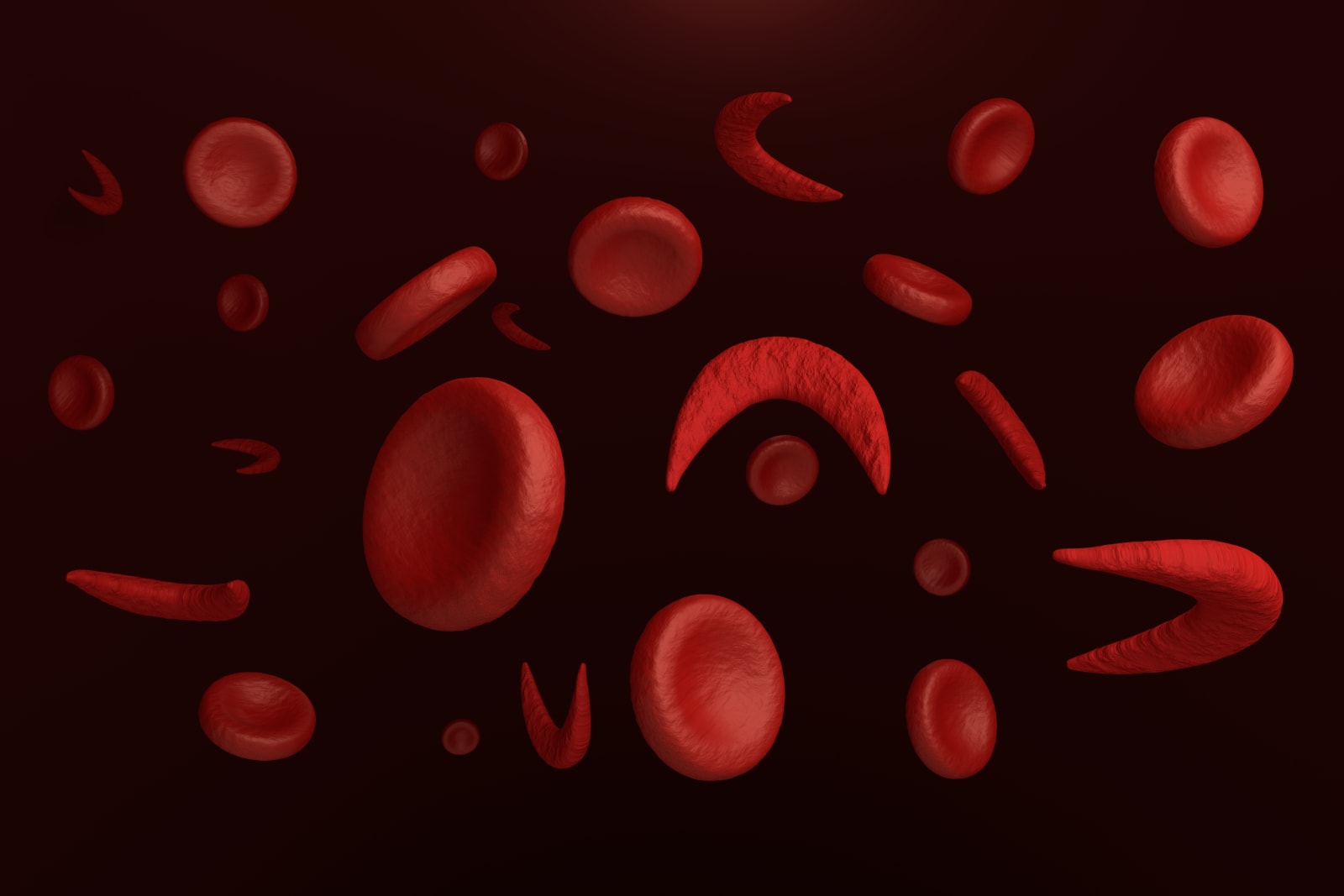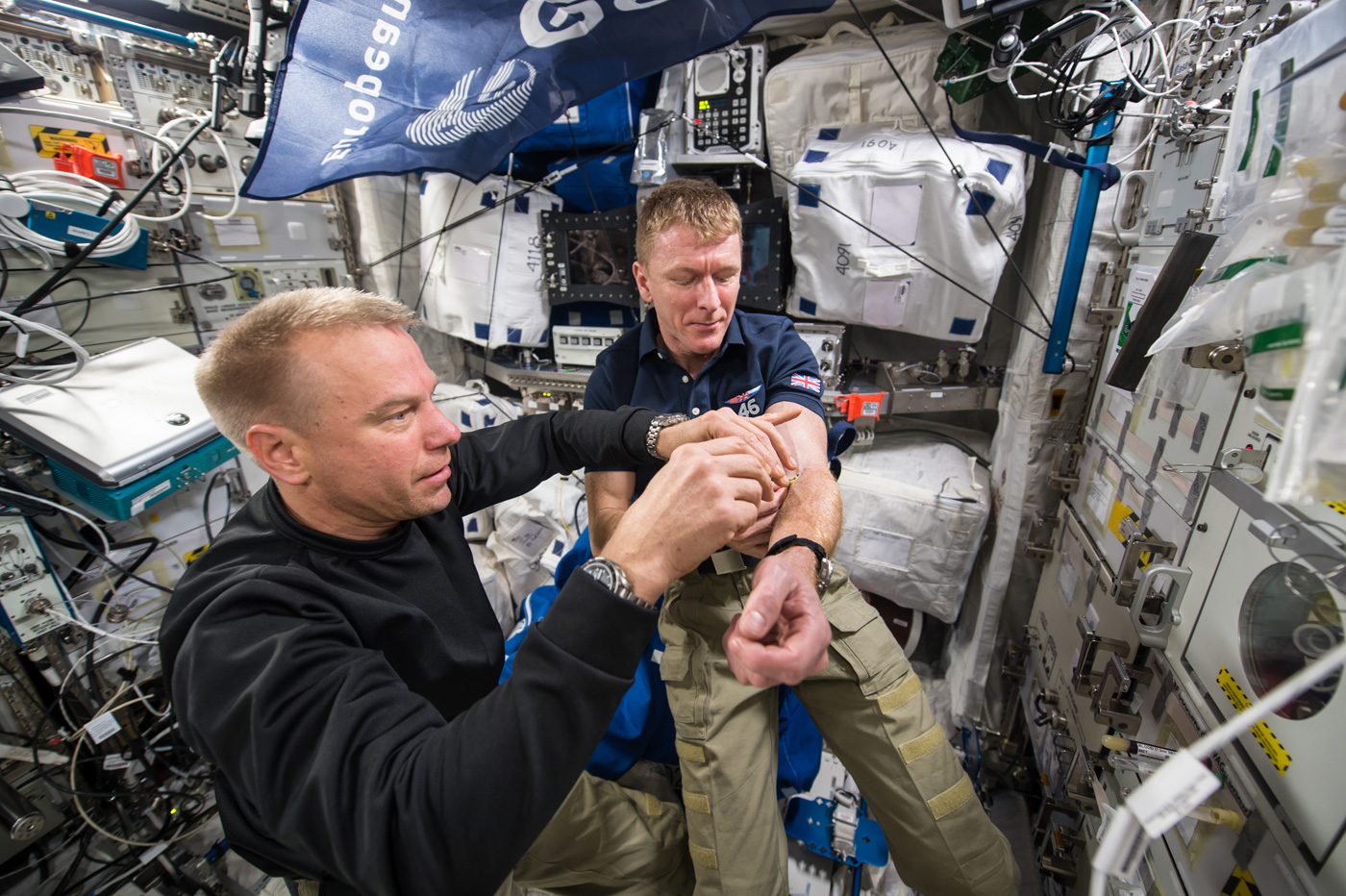Tag Archives: anemia
How Peggy Whitson stayed in shape for nine months aboard the ISS
 Space is no place for battles of the bulge. That's why NASA insists on getting its astronauts into peak physical condition before sending them offworld. But aboard the ISS, in a living space the size of a football field, the human body will readily g...
Space is no place for battles of the bulge. That's why NASA insists on getting its astronauts into peak physical condition before sending them offworld. But aboard the ISS, in a living space the size of a football field, the human body will readily g...
Iron Deficiency Anemia May Cause Hearing Loss, Says Study
Stanford develops CRISPR-based therapy for sickle cell disease
 A team of Stanford scientists are making great progress in their search for a cure for sickle cell disease, and they want to start human trials as soon as 2018. They used CRISPR to fix the mutated gene that causes the illness in human stem cells take...
A team of Stanford scientists are making great progress in their search for a cure for sickle cell disease, and they want to start human trials as soon as 2018. They used CRISPR to fix the mutated gene that causes the illness in human stem cells take...
Gene editing can end disease and fight global famine
 We're looking at the single greatest advancement in genetics since Mendelev started growing peas. CRISPR-Cas9 gene-modification technology is powerful enough to cure humanity's worst diseases, yet simple enough to be used by amateur biologists. You t...
We're looking at the single greatest advancement in genetics since Mendelev started growing peas. CRISPR-Cas9 gene-modification technology is powerful enough to cure humanity's worst diseases, yet simple enough to be used by amateur biologists. You t...
Experiment to determine why astronauts feel weak back on Earth
 Astronauts don't have it easy when they come home, and it's not just because of the change in gravity: their red blood cell production drops while they're in space, leaving them weakened on Earth. But why? That's what a Canadian experiment aboard the...
Astronauts don't have it easy when they come home, and it's not just because of the change in gravity: their red blood cell production drops while they're in space, leaving them weakened on Earth. But why? That's what a Canadian experiment aboard the...
